
Are the muppets offensive? Disney thinks so
Disney's streaming platform released The Muppet Show with a warning that identifies it as offensive and removes some scenes from the show.
Last week, Disney released the classic Jim Henson show, The Muppet Show, as part of its series and movies' catalog, with an important warning on its viewing.
The message warns that the series may feature offensive content:
"This program includes negative portrayals or mistreatment of people or cultures. These stereotypes were wrong then and are wrong now. Instead of removing this content, we want to acknowledge its harmful impact, learn from it, and spark a conversation to create a more inclusive future together," the message reads.
RELATED CONTENT
This is not the first time that Disney has placed this type of warning in its series and films as part of its "Stories Matter" initiative, intending to improve representation in its production. And the fact is that many of the contents respond to an era in which certain stereotypes, although always negative, were normalized or legitimized by a majority.
To reverse this, Disney has hired external consultants to evaluate the content and has taken the decision to recognize and contextualize the offensive material, since "instead of eliminating this content, we see the opportunity to spark a conversation and open a dialogue about the history that affects us all," said the company.
The Muppets aired from 1976 to 1981 and featured many stars of the era as special guests, such as Steve Martin, Johnny Cash, Brooke Shields, Chris Langham, Peter Sellers, Debbie Harry, Spike Milligan, Kenny Rogers, Marty Feldman, and Joan Baez.
Despite the warning, some episodes or scenes were censored entirely, such as the episode featuring Johnny Cash standing in front of a Confederate flag, which has a long association with white supremacy. Or the episode featuring Brooke Shields and Chris Langham, who was convicted in 2007 of sex crimes.
The company's initiative is a way of acknowledging past mistakes. Whether it was for omitting or negatively representing some communities or normalizing racist actions or speeches, this action means taking a step forward in the debate about representation and inclusion in the media.



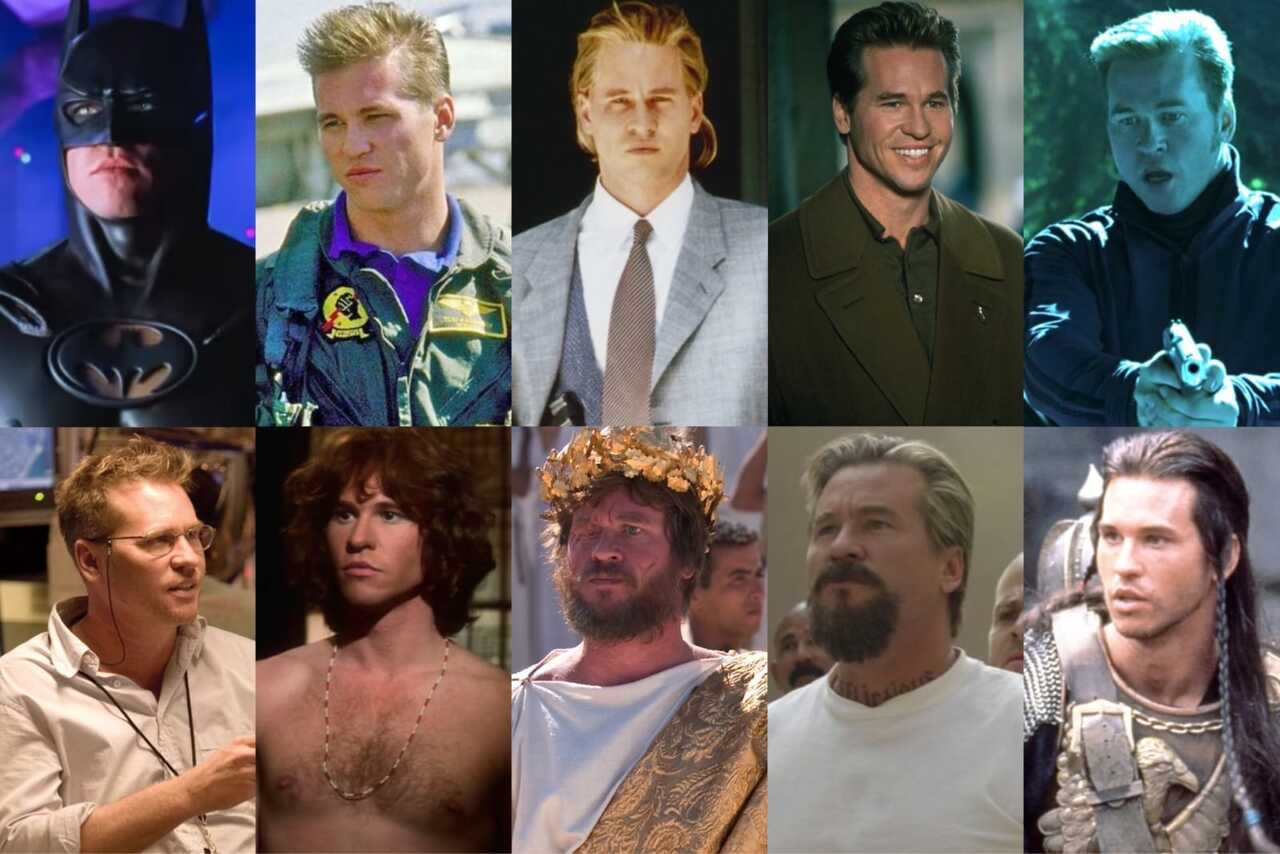
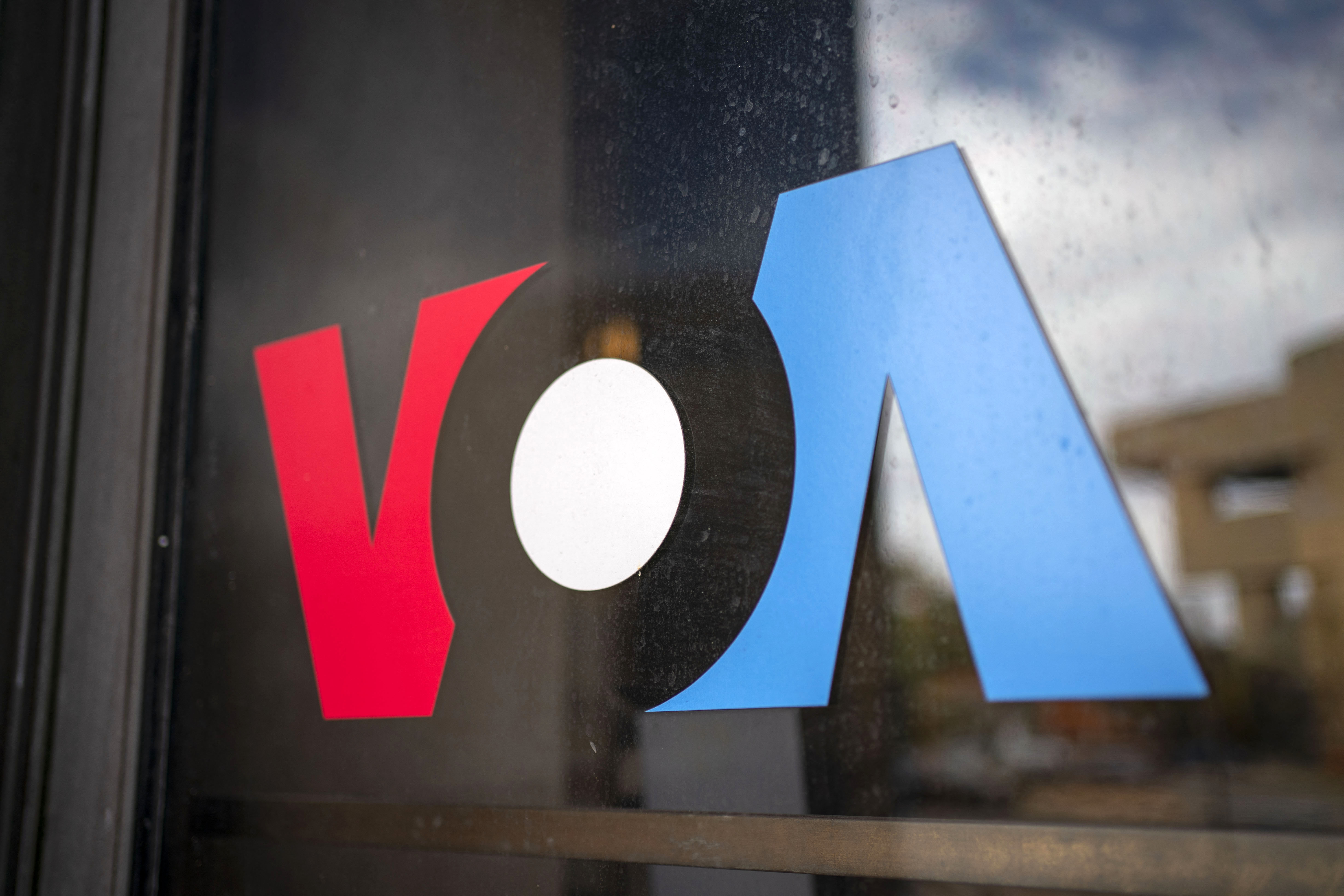
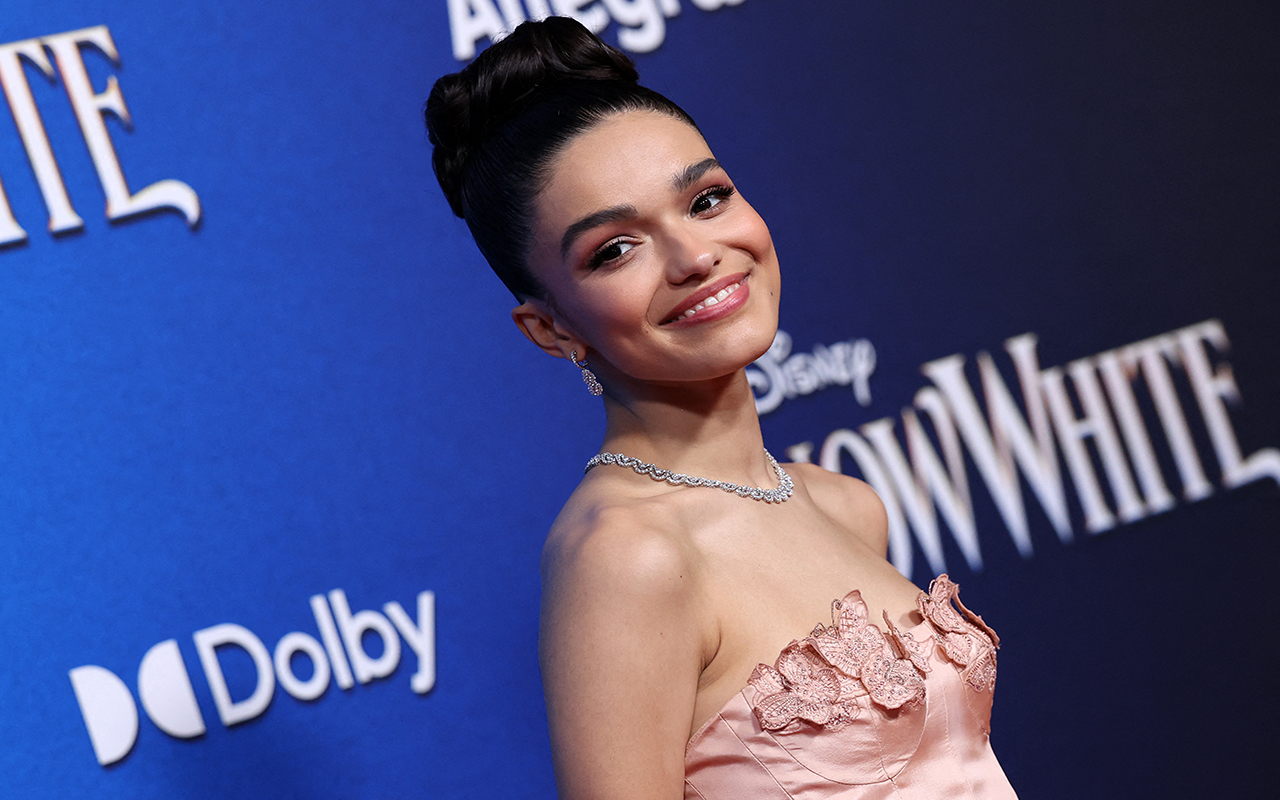
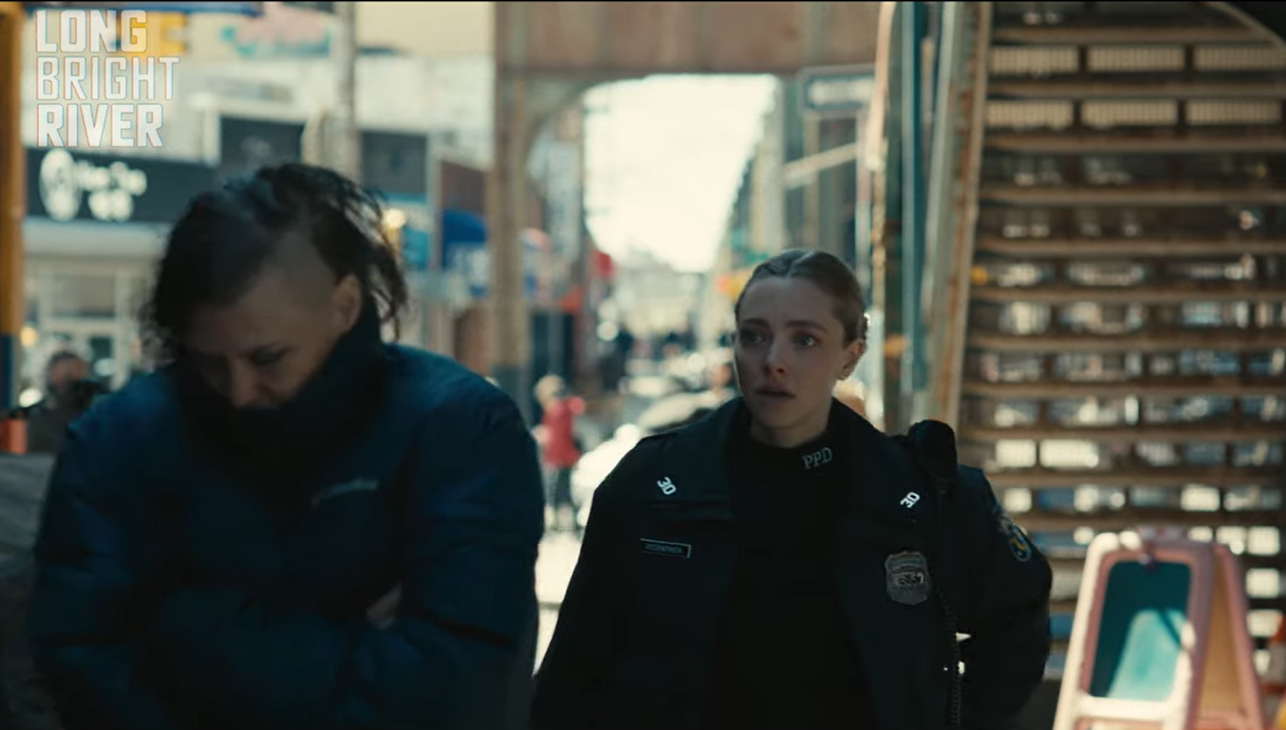


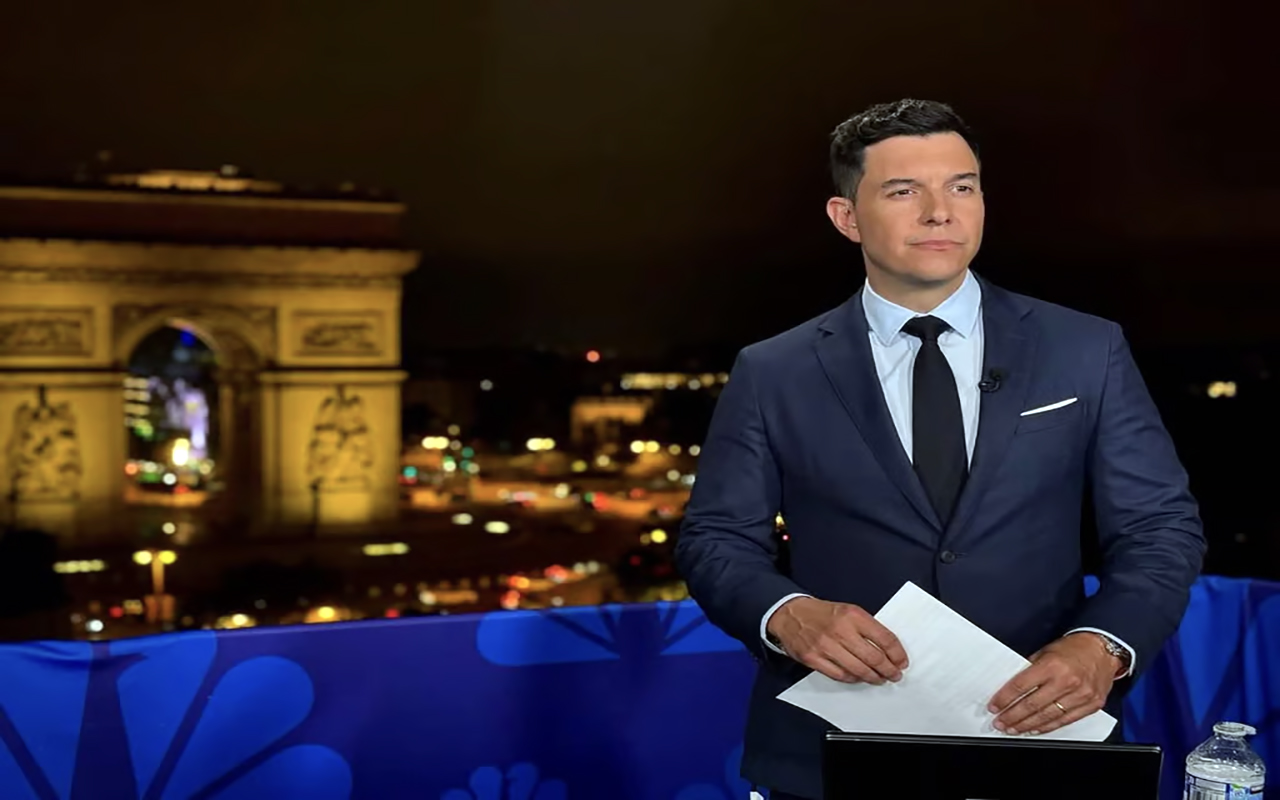

LEAVE A COMMENT: